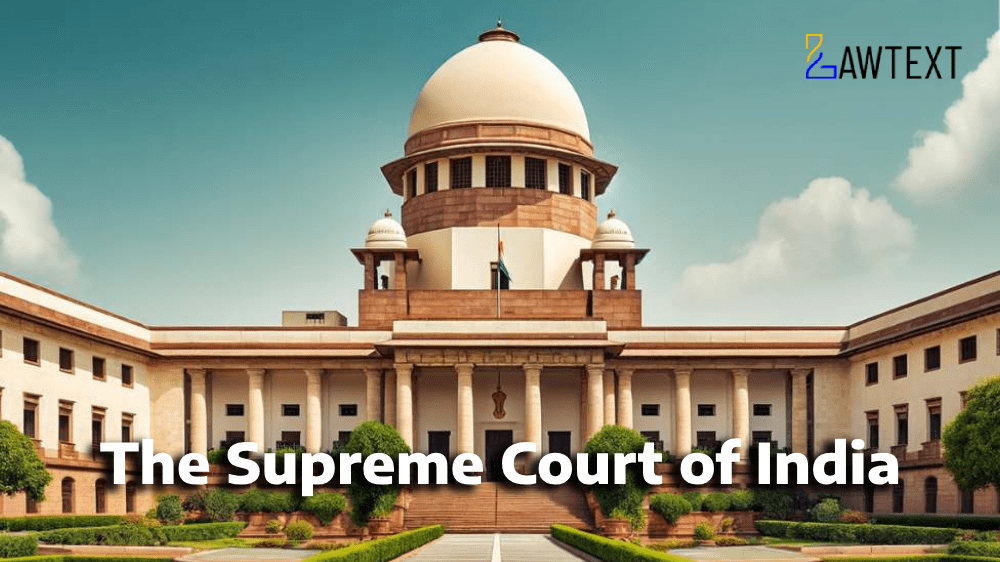"Appellant's Major Penalty Quashed: Failure to Record Oral Evidence in Disciplinary Proceedings Invalidates Inquiry" "Natural Justice and Procedural Mandates Triumph Over Procedural Deficiencies in Disciplinary Proceedings."

CASE NOTE & SUMMARY
The Supreme Court quashed the High Court’s judgment and restored the State Public Services Tribunal’s order, holding that failure to record oral evidence in disciplinary proceedings proposing a major penalty rendered the inquiry invalid. The Court emphasized adherence to principles of natural justice and procedural mandates under Rule 7 of the Uttar Pradesh Government Servant (Discipline and Appeal) Rules, 1999.
1. Background of the Case
- Penalty Imposed:
The appellant, an Assistant Commissioner of Commercial Tax, was penalized for alleged misconduct with a "Censure Entry" and the stoppage of two grade increments with cumulative effect.
- Tribunal’s Ruling:
The State Public Services Tribunal quashed the penalty order (dated 5th November 2014) and restored all consequential benefits (Para 4).
2. High Court's Judgment (Writ Petition)
- The High Court reversed the Tribunal's decision and reinstated the disciplinary authority’s penalty order (Para 5).
3. Appellant's Key Arguments
- The appellant argued non-compliance with Rule 7(3)(vii) of the Rules of 1999. The Inquiry Officer failed to examine witnesses, rendering the inquiry report legally invalid (Para 6).
4. State’s Counterarguments
- The State asserted that the penalty was imposed after due application of mind and that the appellant had an opportunity to respond during proceedings (Para 7).
Legal Discussion and Ratio
5. Applicability of Rule 7(3)(vii) of the Rules of 1999
- Major Penalty Requires Oral Evidence:
Rule 7 mandates the examination of witnesses in the presence of the charged officer when the charges are denied (Para 11).
- Inquiry Report Deficiencies:
No oral evidence or cross-examination was conducted, violating Rule 7 (Para 12).
6. Principles of Natural Justice
- Established Precedents:
- Roop Singh Negi v. Punjab National Bank (2009):
Mere reliance on documents without proving their contents violates natural justice.
- State of U.P. v. Saroj Kumar Sinha (2010):
Even ex-parte inquiries require evidence to substantiate charges.
- Nirmala J. Jhala v. State of Gujarat (2013):
Evidence from preliminary inquiries cannot substitute for regular inquiry proceedings (Para 14-16).
Conclusion and Decision:
- Tribunal Restored:
The Supreme Court quashed the High Court judgment and restored the Tribunal’s order, granting all consequential benefits to the appellant.
- Mandate for Compliance:
Failure to conduct a fair inquiry in accordance with Rule 7 vitiated the proceedings (Para 18-19).
Key Acts and Sections Discussed:
- Uttar Pradesh Government Servant (Discipline and Appeal) Rules, 1999
- Rule 7: Procedure for imposing major penalties.
- Principles of Natural Justice: Mandating fair inquiry and evidence presentation.
Subjects:
- Disciplinary Proceedings
- Natural Justice
- Major Penalty
- Procedural Compliance
- Government Servants Rules
Citation: 2024 LawText (SC) (11) 181
Case Number: CIVIL APPEAL NO(S). OF 2024 (Arising out of SLP(Civil) No(s). 29758 of 2018)
Date of Decision: 2024-11-18
Case Title: SATYENDRA SINGH VERSUS STATE OF UTTAR PRADESH & ANR.
Before Judge: (PAMIDIGHANTAM SRI NARASIMHA J. , SANDEEP MEHTA J.)
Appellant: SATYENDRA SINGH
Respondent: STATE OF UTTAR PRADESH & ANR.

